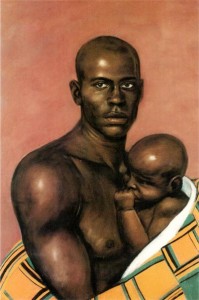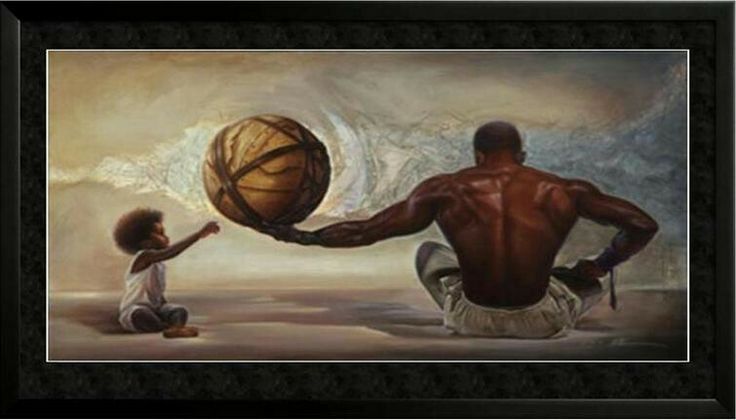It’s been over a month since I sent my CV to a local nonprofit agency that was searching to hire Fellows to work on a brief in support of African American studies in the public school systems. I never got a response, but that will never keep me from championing causes I believe in. Of course this nonprofit might be like others who talk a big game, but when it comes down to pushing an agenda for black learners, they are in lock-step within a political infrastructure led by their friends…they would never push against that, even if it is the right thing to do.
By Don Allen, Publisher – Our Black News (Twin Cities)

Twin Cities public schools do not teach the greatness of our black forefathers, nor will they acknowledge the greatness of the black body. (photo: Tumblr – Fair Use).
Every man and woman in existence has a vast story behind then and a bright future to come, but in order to understand where we are going as a society, we need to trace our past steps and learn from the rich experience of our ancestors. African American culture is an integral part of the American culture as a whole, and if we don’t embrace properly, it will be impossible to understand our nation and the incredible contributions that African Americans have had to science, politics, civil rights, medicine, art, jurisprudence, music, diplomacy, literature, military, sports and education. The study and analysis of African American history and issues, is the key to a multidimensional view of humankind.
In this current time where the controversy of racism covers our justice system, it is essential to comprehend the fact that the way to overcome this hideous belief and vanish it from society is through education. Educating our generation about the history and the struggles of African Americans, not only in our country but around the world too, will provide humanity with the right perspective and the well-deserved respect these citizens merit. Knowledge is the light that will shine through the darkness of racism and violence, and it is our duty as a nation that defends the values of freedom and equality, to make sure our youth recognizes this truth.
African-American and Caribbean cultures, which have a lot of African roots, traditions, and values are crucial to develop the appreciation of how important Africa is as a major player in this age of global interdependence. Making students from public schools think about the many and countless achievements of our African-American community traduces into the empowerment of young people, particularly those who live in neighborhoods with high populations of African-American learners, since they are ones who historically have the less means to get ahead in life. We are talking about providing truth and meaningfulness to their efforts and origins, in order to create well-educated and mature human beings and Americans.
History is filled with lots of white men, but we hardly ever focus in the all the things African-Americans have done for the world. We know about the relevance of Martin Luther King or Malcom X, but do we really have a deep understanding of the things they stood for? Moreover, do we really know and value the role of many other African-Americans in every aspect of our culture? What would be of us without their influence in sciences or sports? Are we really a complete society if we don’t include them? The mission that public schools should undertake nowadays to change this is incredibly difficult and complex to carry on: disarm the current established cultural mindset that rejects the inclusion of African-American legacies and embrace them all equally for the well-being of our country.
Public Schools have the challenge to effectively include these studies in their policies and their syllabi as a mandatory aspect to cover in class. If we really strive for people to create a new world order determined by peace, solidarity and the true understanding of each other, then we should start by creating the right conditions: It’s time to start taking into practice fairness and give the African-American culture its rightful place in history and education; it’s time to build the new foundations of our society based upon new, redefined and improved standards of human rights and the way to begin that change is by letting our youth know that we trust them and we are assuming the defy of doing better things for the world.

Be the first to comment on "Why African American and African studies should be a requirement in Twin Cities Public Schools"